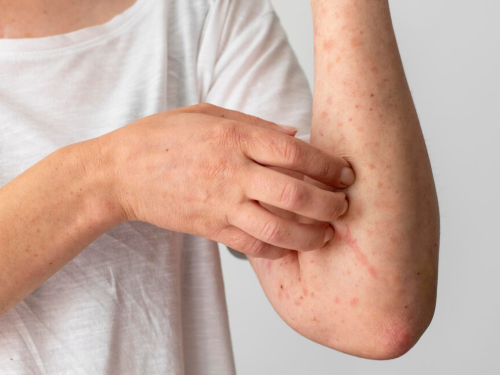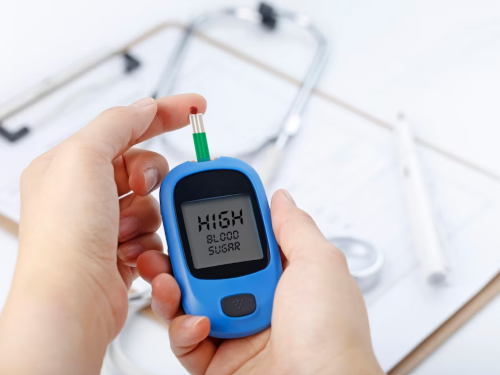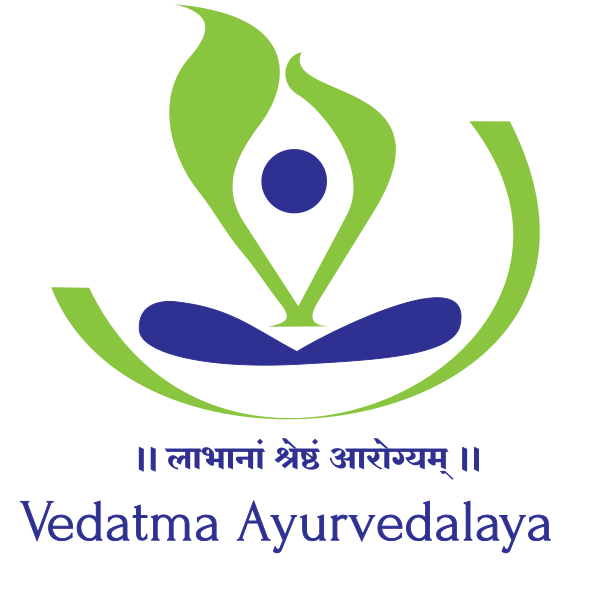Services

Skin Diseases
Skin diseases can be quite varied, ranging from common conditions like acne and eczema to more serious ones like psoriasis or dermatitis.
Skin diseases, also known as dermatological conditions or dermatoses, encompass a wide range of disorders that affect the skin. These conditions can be caused by various factors, including infections, allergies, autoimmune reactions, genetic predisposition, environmental factors, and lifestyle choices. Here are some common types of skin diseases:
Acne: A common skin condition that occurs when hair follicles become clogged with oil and dead skin cells, leading to the formation of pimples, blackheads, and whiteheads.
Infertility
Infertility is a medical condition characterized by the inability to conceive after a year of regular unprotected intercourse. Both men and women can experience infertility, and it can result from various factors. Here are some common causes and considerations related to infertility:
Female Factors:
- Ovulatory Disorders: Problems with ovulation can result from conditions such as polycystic ovary syndrome (PCOS).
Male Factors:
- Sperm Disorders: Issues with sperm production, motility, or morphology can affect male fertility.


Skin and Hair Beauty Treatment
Skincare:
Cleansing: Start with a gentle cleanser to remove dirt and makeup without stripping natural oils. Consider your skin type when choosing a cleanser.
Moisturizing: Hydrate your skin with a good moisturizer suitable for your skin type. Even if you have oily skin, moisturizing is essential.
Haircare:
Shampooing: Use a mild, sulfate-free shampoo that suits your hair type. Avoid frequent washing, as it can strip natural oils.
Conditioning: Use a conditioner to keep your hair moisturized and manageable. Consider deep conditioning treatments for added nourishment.
Diabetes
Diabetes care involves the management and treatment of diabetes, a chronic condition characterized by high blood sugar levels. Effective diabetes care aims to control blood glucose levels, prevent complications, and improve overall well-being. Here are key components of diabetes care:
Monitoring Blood Glucose Levels: Regular monitoring of blood glucose levels is essential for people with diabetes. This can be done using blood glucose meters or continuous glucose monitoring systems.
Monitoring helps individuals understand how their diet, physical activity, and medications affect their blood sugar levels.


Panchkarma
Panchakarma is a traditional Ayurvedic practice that involves a set of cleansing and rejuvenating therapies. The word “Panchakarma” translates to “five actions” in Sanskrit, referring to the five therapeutic procedures that aim to balance the body, mind, and consciousness. Here’s an overview of the Panchakarma process:
Vamana (Therapeutic Emesis): This involves the induction of vomiting to eliminate excess mucus and toxins from the upper respiratory and digestive tract. It is often used to address conditions related to Kapha dosha imbalance.
Virechana (Purgation): This therapy involves the use of purgative substances to cleanse the intestines and eliminate excess Pitta dosha. It is beneficial for disorders related to the liver, gallbladder, and gastrointestinal tract.
Spine
The spine, also known as the vertebral column or backbone, is a crucial part of the human body’s skeletal system. It provides support, stability, and protection to the spinal cord. Here are some key points about the spine:
Structure: The spine is made up of 33 vertebrae, which are divided into five regions: cervical (neck), thoracic (upper back), lumbar (lower back), sacral (pelvic), and coccygeal (tailbone).
Functions:
- Support: The spine supports the body’s weight, maintaining an upright posture.
- Protection: It protects the spinal cord, a bundle of nerves that transmits signals between the brain and the rest of the body.


